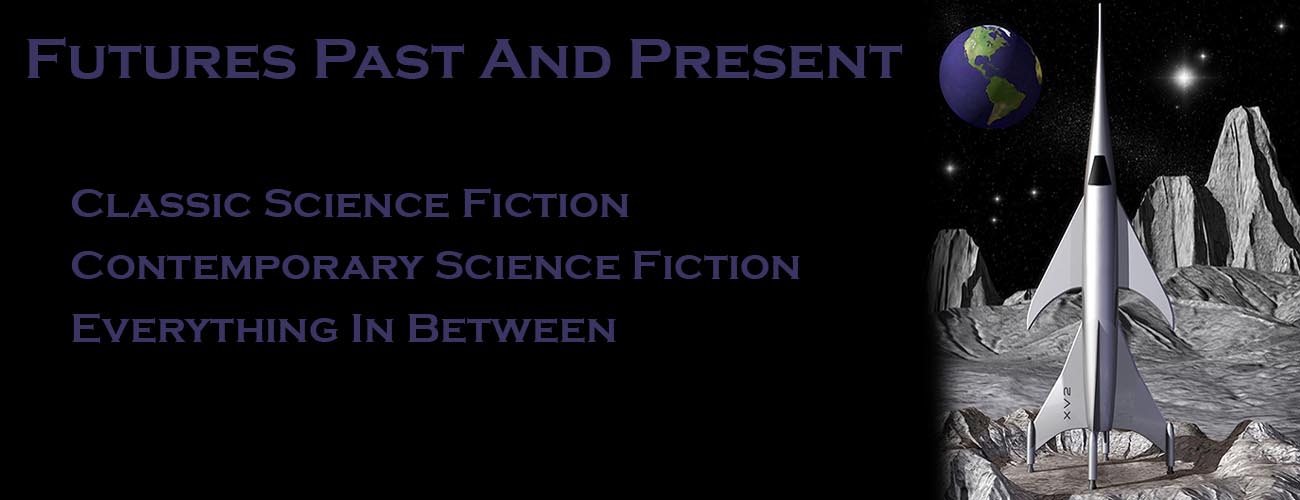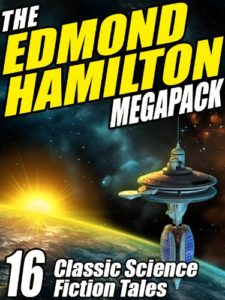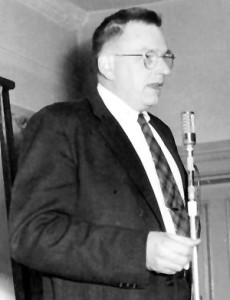
John W. Campbell, Jr.
It has been said that imitation is the sincerest form of flattery. With that in mind, I’m going to steal borrow an idea from Alexandru Constantin over at the Barbarian Book Club. His challenge was to read three fantasy short stories published before The Lord of the Rings changed the landscape of fantasy.
I’m going to apply that idea to science fiction.
There can be little argument that when John W. Campbell, Jr. became editor of Astounding Stories (which later became Astounding Science Fiction) in 1938, he changed the field of science fiction forever. Whether this was a good thing or a bad thing is certainly open to interpretation. The accepted narrative for years has been that this was a completely good thing. Campbell introduced scientific rigor and raised the literary standards by jettisoning many of the pulp tropes of mad scientists (usually with beautiful daughters for the hero to win) and scantily clad women being abducted by bug-eyed monsters.
Lately that narrative has been challenged. Some writers have claimed that this wasn’t a good thing at all. I’m not going to try to name them because I will invariably leave someone out and this isn’t intended to be a personal attack on anyone. A few have even gone so far as to say Campbell ruined science fiction.
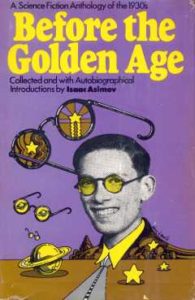 I’m not prepared to go that far. I happen to like Campbellian science fiction, just as I like Tolkienesque fantasy. I also happen to like science fiction from before Campbell, just as I like fantasy that predates Tolkien. Much of the science fiction from the previous century hasn’t aged well, but that can be said of any genre.
I’m not prepared to go that far. I happen to like Campbellian science fiction, just as I like Tolkienesque fantasy. I also happen to like science fiction from before Campbell, just as I like fantasy that predates Tolkien. Much of the science fiction from the previous century hasn’t aged well, but that can be said of any genre.
But I do think these folks have a point. Science fiction wasn’t the same after Campbell, and we lost some of the energy and thrill that went with it. Even Isaac Asimov, a Campbellian writer if there ever was one, admitted as much in his introduction to Before the Golden Age, his autobiographical anthology of pre-Campbellian science fiction.
With a tip of my space helmet to Alexandru Constantin, here’s what I’m proposing.
- Read three short stories that are clearly science fiction. The stories should be from before 1938, when Campbell took the reigns of Astounding.
- Post a review on your blog, telling us why these stories should still be read. Or not, as the case may be. And post a link here in the comments so we can find your review.
- You also need to tell us where you read them so anyone interested can track them down.
As I mentioned in my post at Adventures Fantastic last night, we’ve been told that the older stuff is racist, sexist, etc. The pronouncement has also been made the science fiction has always been progressive. I suggested a Schrodinger’s Cat explanation for how it can be both. Here’s a chance to see what early science fiction was really like.
So that’s your assignment, class. Get to it.
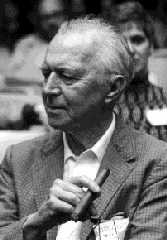 Will F. Jenkins, better known by his pseudonym Murray Leintster, was born this day (June 16) in 1896. He passed away on June 8, 1975, just eight days short of his 79th birthday.
Will F. Jenkins, better known by his pseudonym Murray Leintster, was born this day (June 16) in 1896. He passed away on June 8, 1975, just eight days short of his 79th birthday.